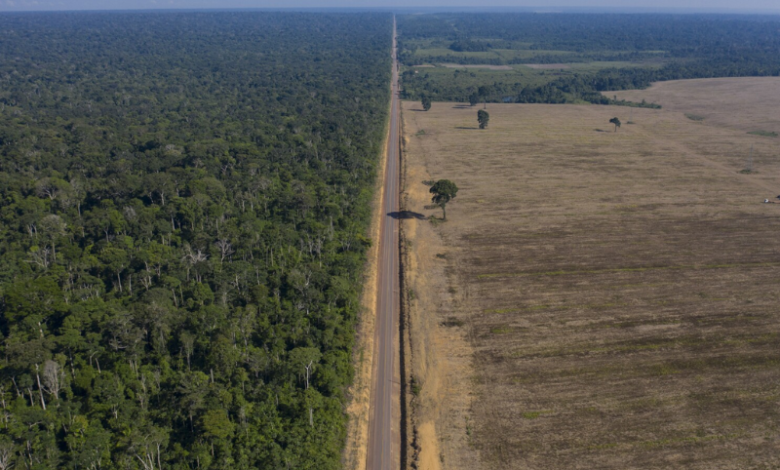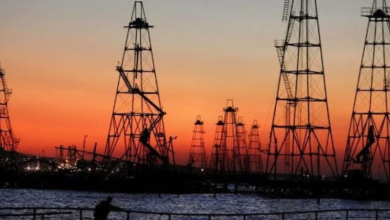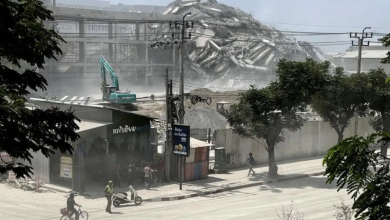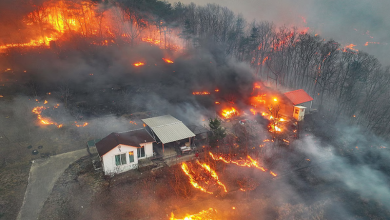Brazilian Court Blocks Law Revoking Tax Breaks for Eco-Friendly Soy Producers

On Thursday, a justice on Brazil’s highest court halted a measure from the nation’s leading soy producing state that would eliminate tax benefits for businesses that sign a pledge to avoid buying soy from deforested Amazonian regions. Justice Flavio Dino halted the law from the western state of Mato Grosso from taking effect on January 1st until the court rendered a definitive ruling.
Mato Grosso is the state that produces the most soy and Brazil is the world’s greatest producer and exporter. Global commodities corporations voluntarily signed the “Amazon soy moratorium” pact in the mid 2000s promising to avoid purchasing soy from rainforest plantations that had been deforested after 2008. This deal was commended by scientists and conservationists.
Brazilian forestry regulations allow Amazonian landowners to remove up to 20% of their land. A spike in deforestation in the early 2000s prompted businesses to demand action out of concern for a broader ban. According to Dino, the state law “seems to violate the principle of free enterprise” since it gives the businesses that choose to voluntarily abide by the agreement an unfair playing field. He further stated that the legislation “presents signs of misuse of purpose as it uses tax rules as a punitive instrument.”
In a video posted on his social media pages on Thursday, Governor Mauro Mendes said that Mato Grosso will appeal the ruling. If the appeal is denied, he warned more actions would be taken. He stated that it is unacceptable for businesses both domestic and international to visit Brazil and make demands that are not permitted by Brazilian law.
Mato Grosso based soybean farm gro Apuprosoja MT publicly requested earlier this month that Brazil watchdog CADE to lift the prohibition claiming it hurt farmers who stick to the South American country’s forestry law and encouraged “a purchasing cartel.”



